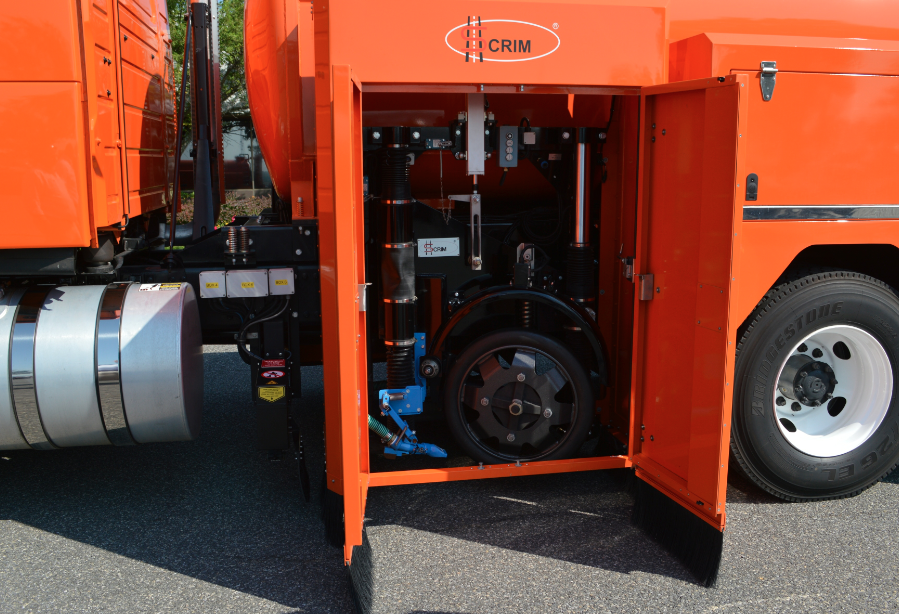Virginia Tech Testing Highways in Multiple U.S. States with Custom Truck
 Researchers at the Virginia Tech Transportation Institute (VTTI) will use a specially outfitted truck with highly specialized instrumentation to help evaluate the safety of highway surfaces in several U.S states.
Researchers at the Virginia Tech Transportation Institute (VTTI) will use a specially outfitted truck with highly specialized instrumentation to help evaluate the safety of highway surfaces in several U.S states.
The project, funded by the Federal Highway Administration, will analyze continuous stretches of pavement to determine whether improving highway materials or design could reduce crashes and save lives. The vehicle selected is a VHD 430 model and features an integrated powertrain with a Volvo D13 engine and a Volvo I-Shift automated manual transmission.
The data collection phase of the research project begins in July in Florida and will include testing of highways in Washington, Indiana and Texas. Researchers with VTTI’s Center for Sustainable Transportation Infrastructure will use the specially equipped VHD 430 model to measure pavements for friction and related safety characteristics, such as cross-slope, macro-texture, grade, temperature and curvature.
 The SCRIM includes a 2,000-gallon tank that feeds a 0.5 mm film of water for testing the friction of wet pavement surfaces while driving at speeds up to 50 mph. The vehicle can test 150 miles of highway on a single tank of water.
The SCRIM includes a 2,000-gallon tank that feeds a 0.5 mm film of water for testing the friction of wet pavement surfaces while driving at speeds up to 50 mph. The vehicle can test 150 miles of highway on a single tank of water.
Current vehicles used for such testing in the U.S. rely on smaller tanks that would cover just a fraction of that distance before needing to be refilled if they were to test at similar intervals. The SCRIM uses a special tire to analyze road friction continuously without locking the tire as other testers do.
This feature is important because continuous application gives a complete friction profile of the pavement surface and additionally simulates today’s antilock braking systems better than a locked-wheel skid tester, said Edgar de León Izeppi, senior research associate for VTTI’s Center for Sustainable Transportation Infrastructure.
Category: General Update










